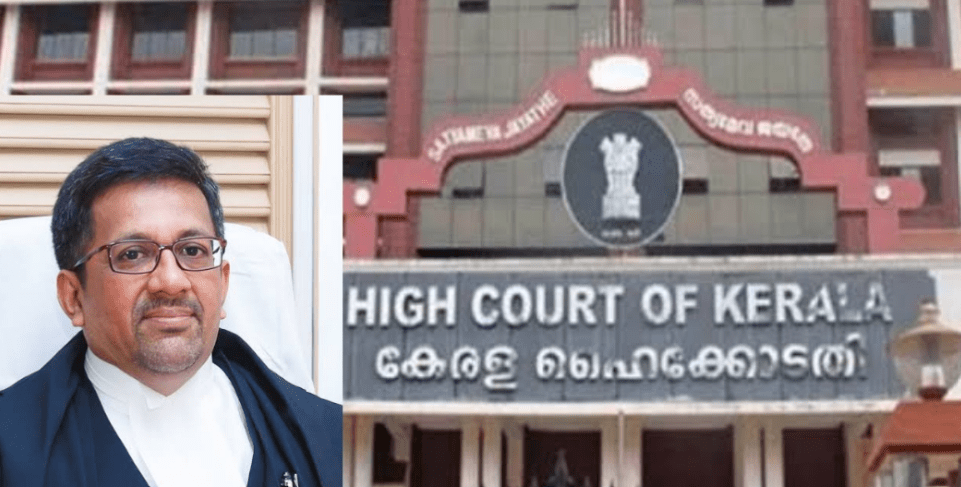The Kerala High Court has ruled that a wife who gave up her right to maintenance during a mutual consent divorce is not permanently barred from claiming it later if her circumstances change.
The decision was delivered by a Division Bench of Justice Satish Ninan and Justice P. Krishna Kumar in the case Sheela George and another v. V.M. Alexander (Mat. Appeal No. 586 of 2017). The Court was hearing an appeal against a Family Court order that had rejected a petition for maintenance filed by a divorced wife and her son.
The couple had dissolved their marriage in 2004 under Section 10A of the Divorce Act. At that time, they entered into a compromise where the husband gave up his rights over a property in the wife’s name, and the wife, in return, surrendered her right to future maintenance after receiving ₹30,000.
Later, in a proceeding under Section 125 Cr.P.C., the Judicial First Class Magistrate ordered the husband to pay ₹175 per month to their minor son. However, when the wife and son later filed another petition before the Family Court seeking arrears and future maintenance, the petition was dismissed.
The Family Court reasoned that the wife had voluntarily given up her maintenance rights and had failed to prove her inability to support herself. It also ruled that the proper remedy for the child’s maintenance enhancement lay under Section 127 Cr.P.C., not under the Divorce Act.
On appeal, the High Court took a broader view. It clarified that a divorce decree obtained under Section 10A of the Divorce Act could still fall under Section 37 of the Act, making it applicable for maintenance considerations.
Importantly, the Court held that even if a wife has waived her right to maintenance earlier, she can claim maintenance later if her financial situation changes and she is unable to support herself. The Court explained that while Section 127(3)(c) Cr.P.C. allows a husband to seek cancellation of maintenance if the wife voluntarily gives it up, it does not prevent the wife from approaching the court again if her circumstances worsen.
The Bench concluded that whether the maintenance amount should be modified or granted would depend on the facts and financial conditions in each individual case.
This ruling reinforces the principle that maintenance laws aim to protect financial security and dignity, and they remain flexible to adapt to changes in circumstances.
Be a part our social media community:
Facebook: https://www.facebook.com/IndianMan.in?mibextid=ZbWKwL
Instagram:
https://www.instagram.com/indianman.in?igsh=MWZ2N3N0ZmpwM3l3cw==




